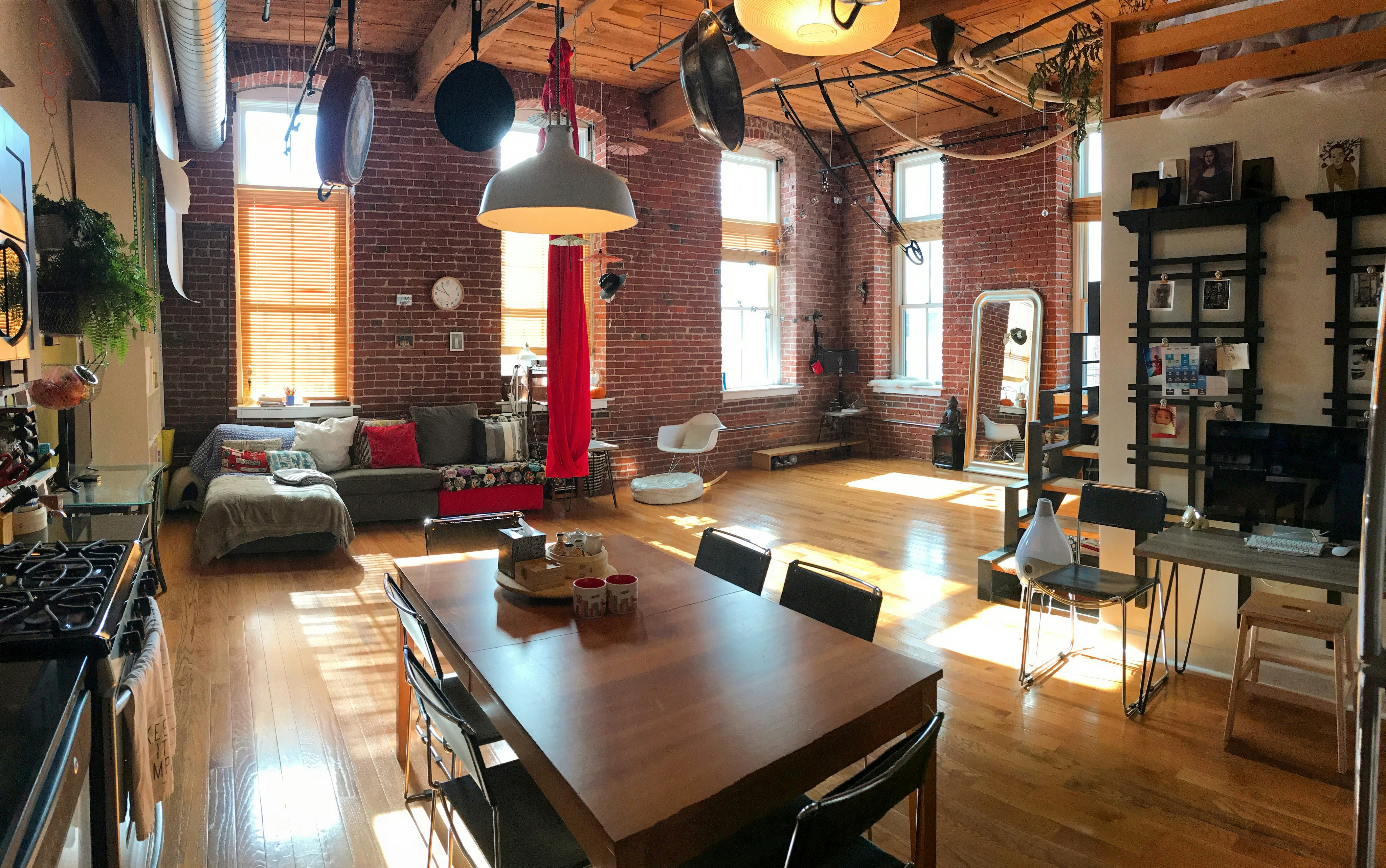Winnipeg
Winnipeg is the capital of Manitoba and is known for its rich history and cultural diversity. It is also known for its affordability, with a low cost of living compared to other major Canadian cities.
Winnipeg's many parks and green spaces, such as Assiniboine Park and the Assiniboine Forest, offer opportunities for outdoor activities. Despite its pleasant green spaces, Winnipeg’s extreme winters aren’t for everyone—with temperatures often dropping below -30°C (-22°F). However, Winnipeg’s moderate size also makes it easier to get around than many of Canada’s larger cities. It is also one of the most affordable cities in Canada!
Here is a breakdown of average living costs for Winnipeg (source: CMHC):
- Public transportation: $2.95 to $3.20 per adult trip on a bus.
- Average cost for a one-bedroom apartment: $1,100 / month
- Average cost for utilities: approx. $150 / month
- Average cost of a meal at an inexpensive restaurant: $15
If you can endure the stone-cold winters of Winnipeg, you’ll reap the benefits of all-around affordability!
Calgary
Calgary boasts a strong economy driven by the oil and gas industry and ample job opportunities, which can make it a desirable city for many Canadians. However, the city's relatively high cost of living can be a drawback for some. While Calgary is not as expensive as Vancouver or Toronto, housing costs are still above the national average. Nonetheless, Calgary's high quality of life, outdoor opportunities, and proximity to the Rocky Mountains make it an attractive option for those who can afford it.
Here is a breakdown of average living costs for Calgary (source: CMHC):
- Public transportation: $2.45 to $3.60 per adult trip on a bus.
- Average cost for a one-bedroom apartment: $1,200 / month
- Average cost for utilities: approx. $200 / month
- Average cost of a meal at an inexpensive restaurant: approx. $18
Overall, Calgary is a dynamic and vibrant city with a high quality of life and rich cultural heritage that is moderately affordable!
Vancouver
Vancouver is located in the province of British Columbia and is known for its stunning natural beauty, mild climate, and vibrant culture. Often considered one of the most livable cities in the world, Vancouver’s mild climate and beautiful natural scenery make it a highly desirable place to live for many Canadians. Some of the city's most iconic landmarks include the snow-capped North Shore Mountains, Stanley Park with its seawall and famous totem poles and Granville Island with its bustling markets and artisanal workshops.
Vancouver also boasts a diverse and multicultural population, world-class dining and shopping options, and a strong arts and culture scene. However, living in such a nice location comes at a price: Vancouver is one of the most expensive cities in Canada, with a considerably high cost of living.
Here is a breakdown of average living costs for Vancouver (source: CMHC):
- Public transportation: $2.95 to $5.70 per adult trip on a bus or SkyTrain
- Average cost for a one-bedroom apartment: $2,000 / month
- Average cost for utilities: approx. $150 / month
- Average cost of a meal at an inexpensive restaurant: approx. $20
Vancouver is a great place for those who value a work-life balance, love the outdoors, and appreciate a diverse and vibrant culture.
Edmonton
Edmonton is a city that has seen significant growth in recent years, with a focus on arts, culture, and outdoor recreation. Edmonton is a hub for the oil and gas industry in Alberta, and it offers plenty of job opportunities for professionals in this field. It is also home to many government agencies and organizations. So if you are interested in working in the public sector, Edmonton might be a great place to look for opportunities. The cost of living in Edmonton is generally lower than in Calgary and Vancouver, but higher than in Winnipeg.
Here is a breakdown of average living costs for Edmonton (source: CMHC):
- Public transportation: $3.50 to $4.25 per adult trip on a bus or LRT.
- Average cost for a one-bedroom apartment: $1,100 / month
- Average cost for utilities: approx. $150 / month
- Average cost of a meal at an inexpensive restaurant: approx. $15.
If you’re looking for a growing city with a moderate cost of living, Edmonton might be a good choice for you.
Montreal
Montreal is located in the province of Quebec and is known for its vibrant nightlife, world-class dining, and unique French-Canadian culture. If you’re an artist or creative, speak French, or work in the tech industry, then Montreal might be the right city for you with its thriving arts scene, French fluency and growing tech industry. The cost of living in Montreal is generally lower than in Toronto and Vancouver, but higher than in Winnipeg and Edmonton. The city’s high taxes and harsh winters can make livability a challenge for some.
Here is a breakdown of average living costs for Montreal (source: CMHC):
- Public transportation: $3.50 to $6.50 per adult trip on a bus or metro.
- Average cost for a one-bedroom apartment: $1,200 / month
- Average cost for utilities: approx. $150 / month
- Average cost of a meal at an inexpensive restaurant: approx. $14.
Overall, Montreal's rich history and cultural offerings, world-renowned dining scene, and strong job market in industries like tech and aerospace make it an attractive option for many.
Toronto
Finally, there's Toronto—Canada's largest and most cosmopolitan city. While the city offers diverse job opportunities and cultural attractions, its high cost of living can be a deterrent for some. Housing costs in Toronto are among the highest in the country, and traffic and congestion can make daily commutes a challenge. However, Toronto offers an unparalleled urban experience, with world-class dining, shopping, and entertainment options.
Here is a breakdown of average living costs for Toronto (source: CMHC):
- Public transportation: $3.25 to $4.00 per adult trip on a bus, streetcar, or subway.
- Average cost for a one-bedroom apartment: $2,300 / month
- Average cost for utilities: approx. $150 / month
- Average cost of a meal at an inexpensive restaurant: approx. $17.
Toronto is a great place for those who value a fast-paced urban lifestyle, appreciate a diverse and multicultural community, and enjoy a mix of indoor and outdoor activities.
Conclusion
Each of these Canadian cities has its own unique advantages and challenges when it comes to cost of living and livability. Understanding the cost of living in different cities is crucial for anyone planning to relocate. Whether you're looking for an affordable urban center, a strong job market, or a high quality of life, we hope you gained insights from this read so you can make informed decisions about where to move based on your lifestyle and budget.







